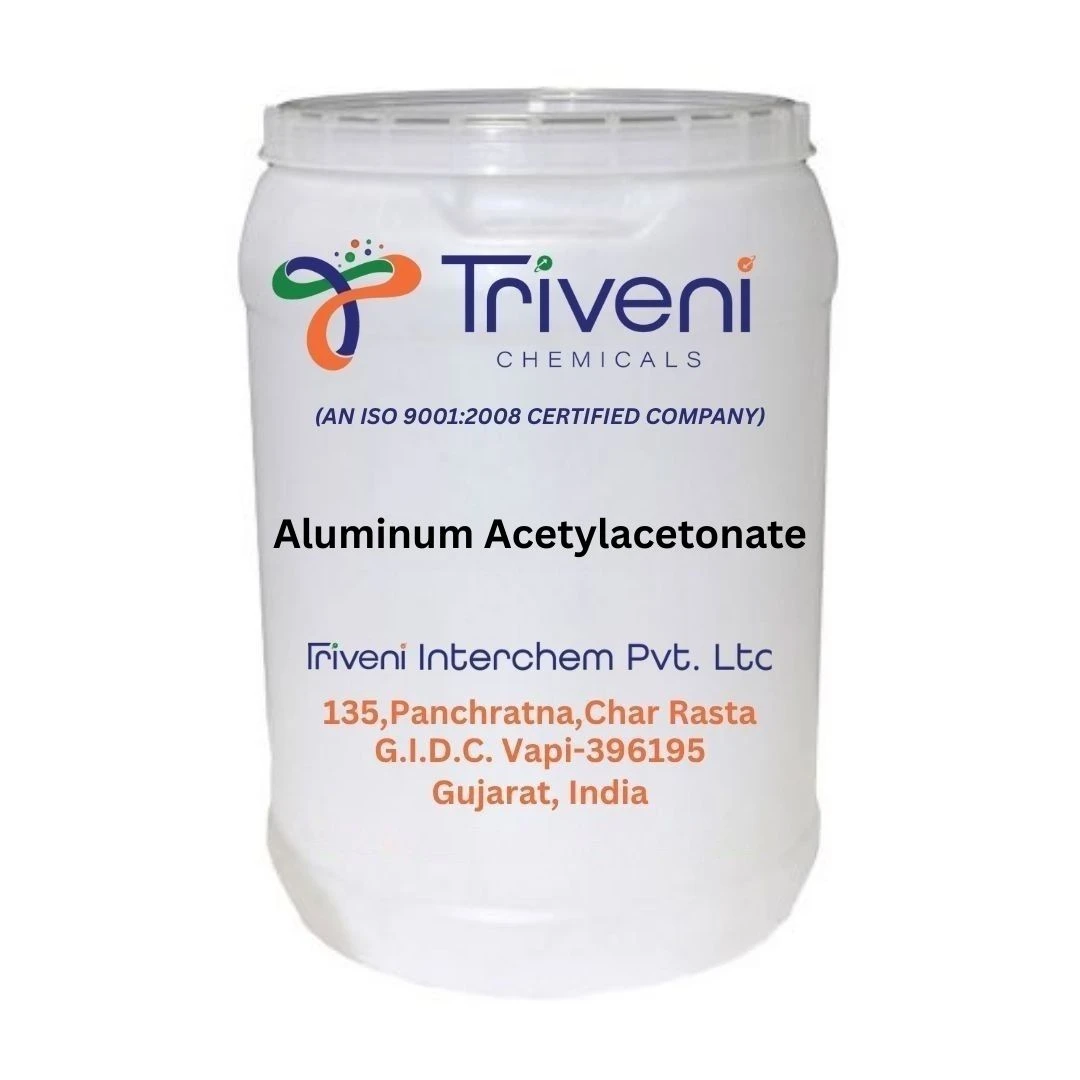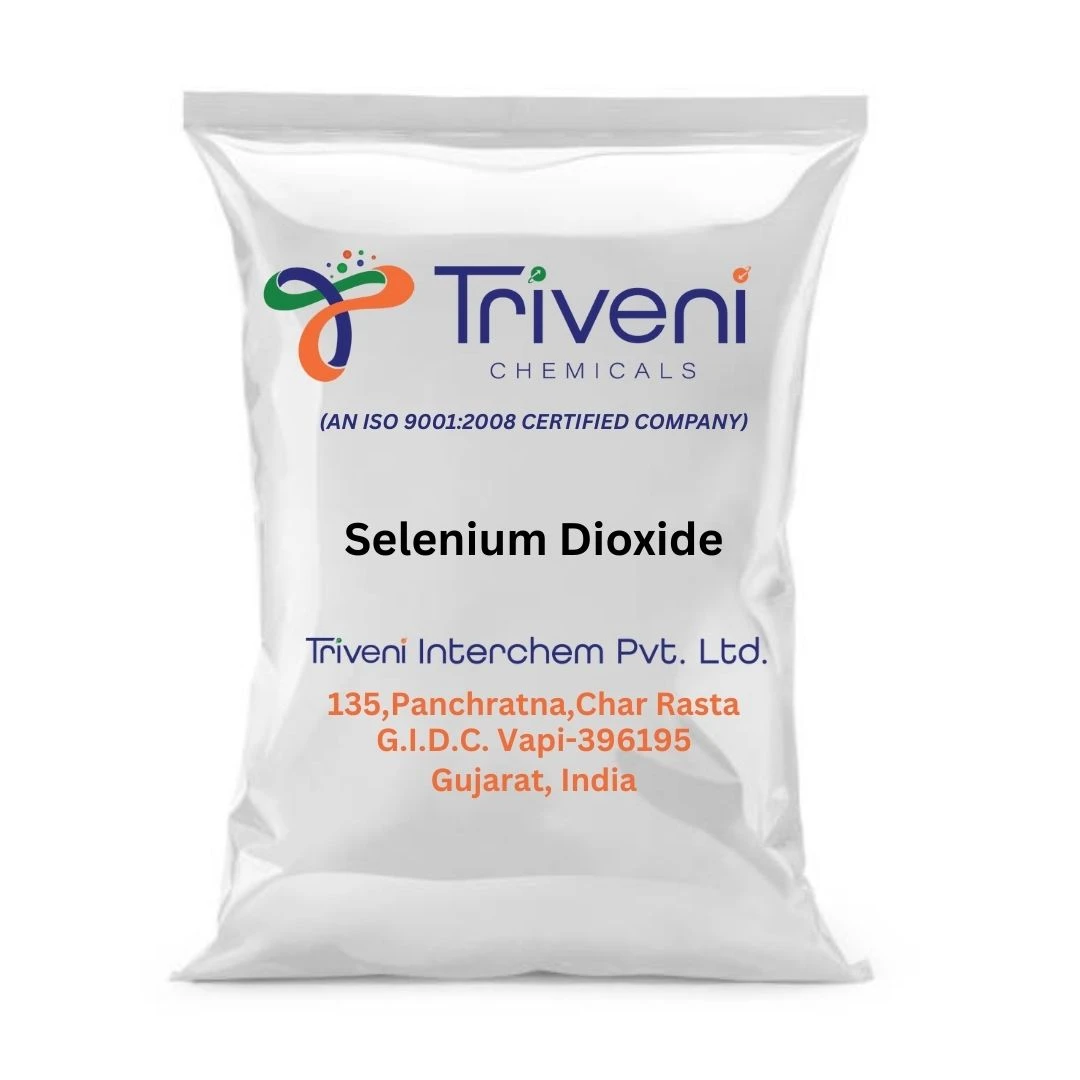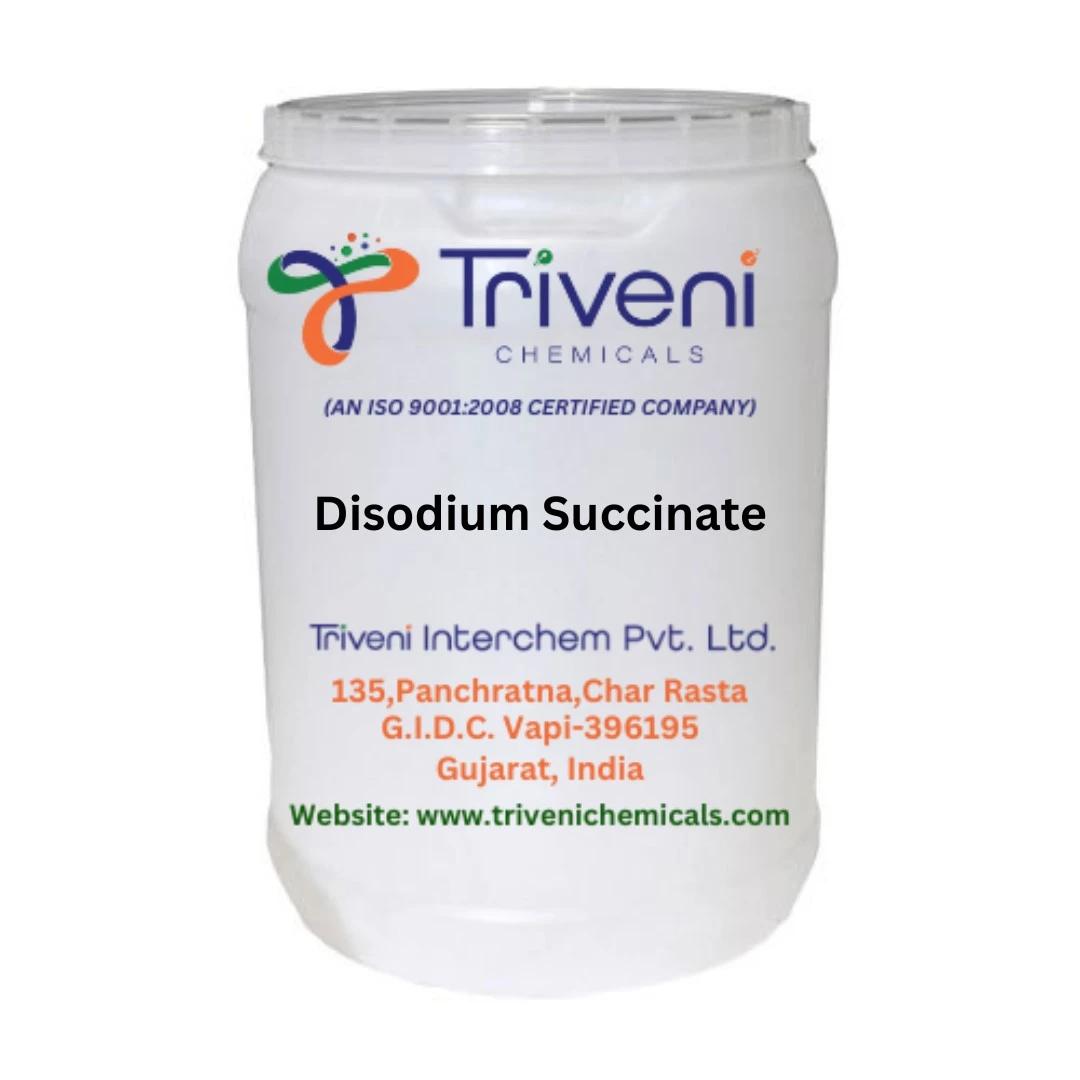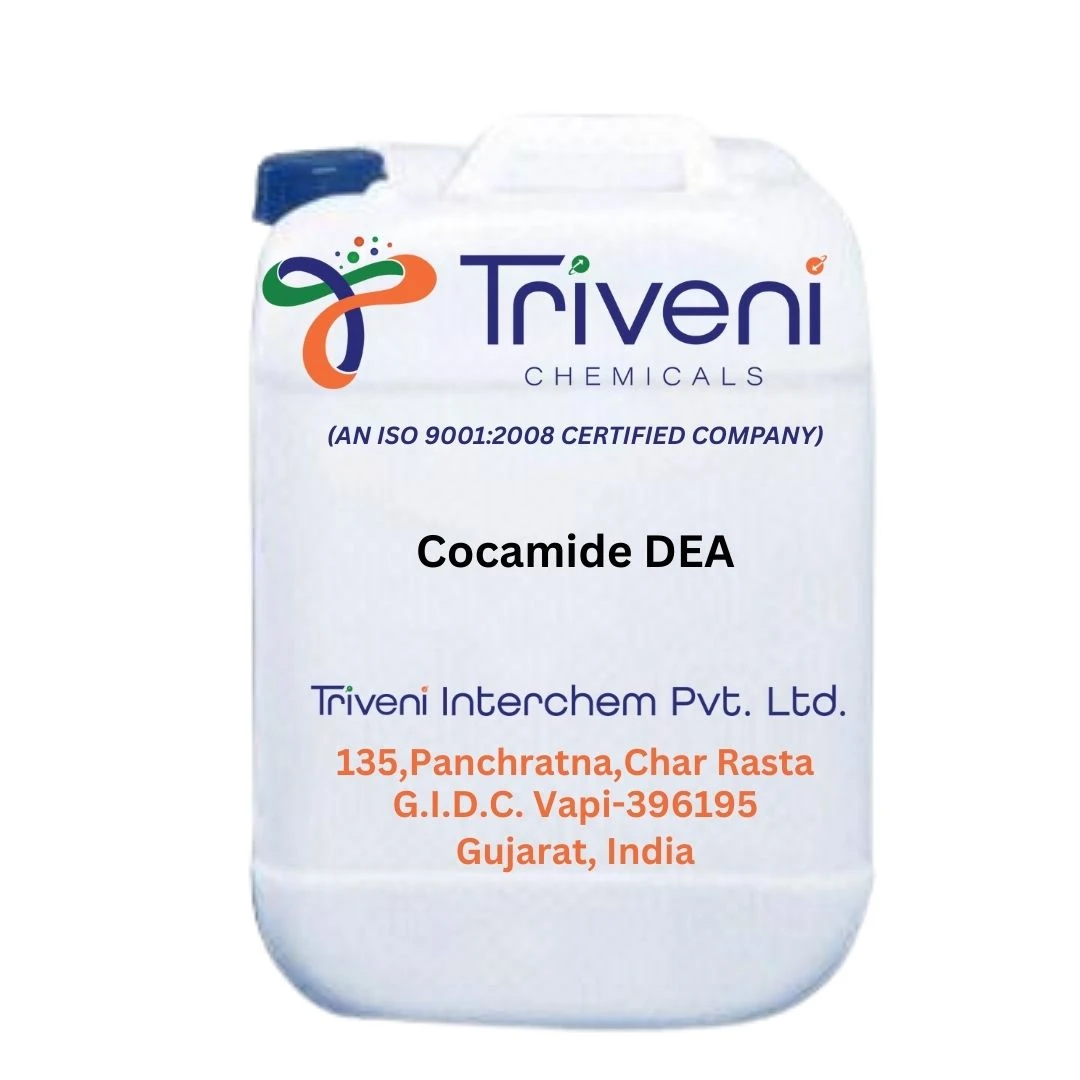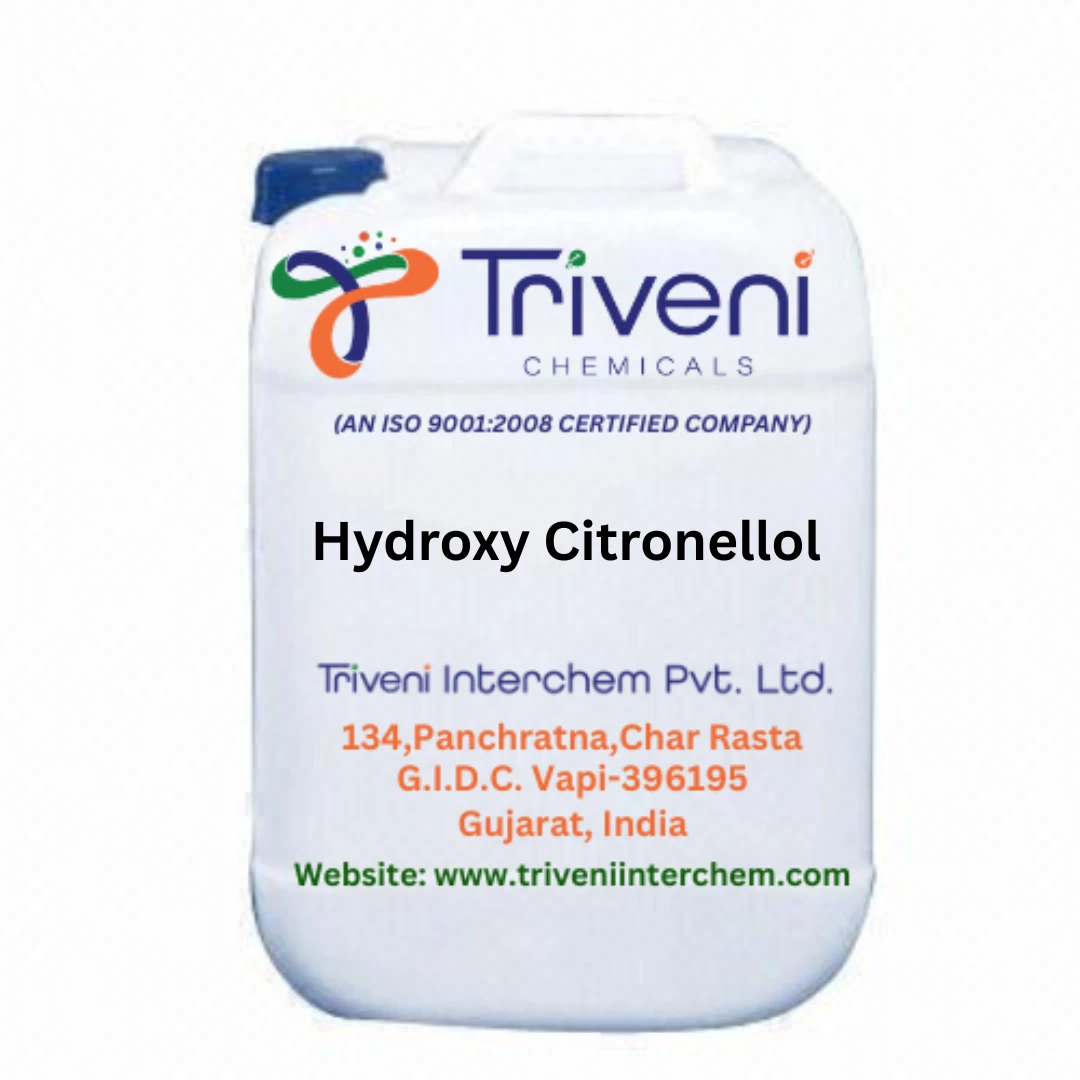Chemical compounds are made up of two or more elements bound together by chemical bonds in a predetermined ratio. These substances are essential to many industries, including industry, agriculture, medicine, and daily living. The following are synopses of a few important chemical compounds:Water (H2O) is an essential chemical for life,..
Chemical compounds are made up of two or more elements bound together by chemical bonds in a predetermined ratio. These substances are essential to many industries, including industry, agriculture, medicine, and daily living. The following are synopses of a few important chemical compounds:Water (H2O) is an essential chemical for life, made up of one oxygen atom and two hydrogen atoms bound together. It is necessary for controlling temperature, solvent qualities, and biological processes.Sodium chloride (NaCl) is a crystalline substance made up of sodium and chlorine ions. It is also referred to as table salt. It has several industrial uses in addition to being used for food preservation and seasoning. One carbon atom is joined to two oxygen atoms to form carbon dioxide (CO2). It is an essential component of photosynthesis and is a byproduct of combustion and respiration.Oxygen (O2): In aerobic species, oxygen is a diatomic molecule necessary for breathing. Moreover, it is employed in a number of industrial processes, including oxidation and combustion.Simple sugar glucose (C6H12O6) is the main energy source for all living things. It is a precursor to cellular respiration and a component of carbohydrates.Carbon Monoxide (CO): The incomplete combustion of fuels containing carbon releases carbon monoxide, a hazardous gas. Its high binding to hemoglobin lowers the blood's ability to carry oxygen. The most basic alkane and a strong greenhouse gas is methane (CH4). It is created during the extraction of fossil fuels and anaerobic digestion.Ethanol (C2H5OH): This kind of alcohol is frequently present in alcoholic drinks. It is also utilized in the synthesis of other compounds, as fuel, and as a solvent.Ammonia (NH3): Ammonia is a nitrogen and hydrogen chemical that is frequently used in cleaning supplies, fertilizers, and industrial operations such as the production of explosives and polymers.Strong and corrosive, hydrochloric acid (HCl) is utilized in a number of industrial operations, such as mineral processing and metal cleaning. Additionally, it is present in the digestive tract and facilitates food digestion. These molecules are but a small portion of the enormous variety of chemicals that are out there, each with special qualities and uses.


